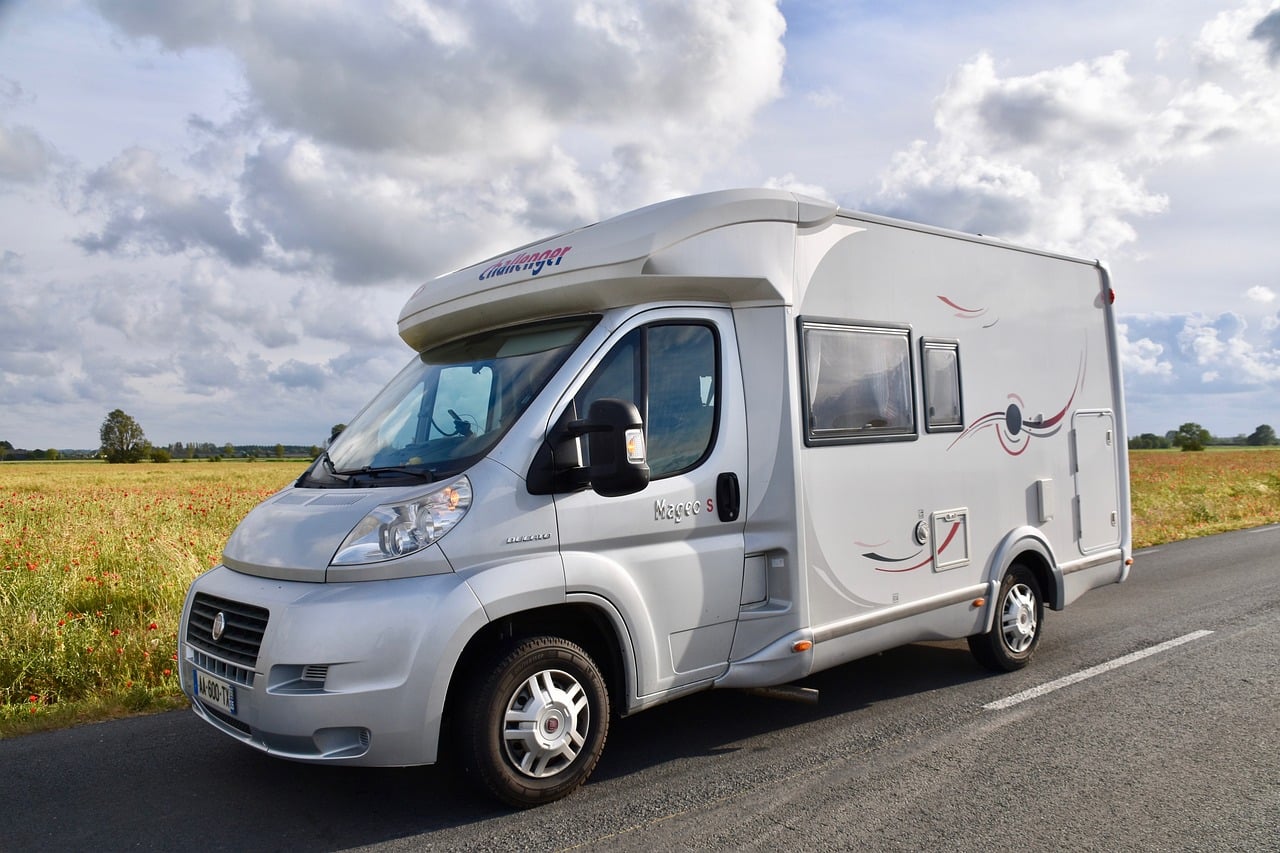What are the implications of autonomous vehicles on residential and commercial real estate planning?

The dawn of autonomous vehicles (AVs) is upon us. As these self-driving machines become more prevalent on our roads, they will inevitably reshape the landscapes of cities and suburbs alike. However, what does this mean for residential and commercial real estate planning? As we delve into this topic, we will explore the impact of autonomous vehicles on parking spaces, traffic patterns, urban development, and real estate values.
The Impact of Autonomous Vehicles on Parking Space
In an era of driverless cars, the concept of parking as we know it is set to undergo massive transformation. Currently, sizeable chunks of urban areas are devoted to parking lots and garages. Yet, autonomous cars hold the potential to drastically reduce, or even eradicate, the need for such spaces.
Cela peut vous intéresser : How to navigate the regulatory landscape for drone usage in real estate marketing?
The reason is simple: Autonomous vehicles can operate continuously, ferrying passengers from one location to another without the need to park and wait. Even when not in use, they can return to a centralized hub or simply keep moving, thus eliminating the necessity for individual parking spots.
The potential implications for real estate development are significant. Vast tracts of land currently reserved for parking could be repurposed for residential or commercial use. This could lead to a surge in the availability of prime real estate in densely populated urban locales, impacting both real estate supply and, consequently, property prices.
Cela peut vous intéresser : What are the best strategies for developing real estate in areas prone to cyber threats?
Autonomous Vehicles and Traffic Patterns
Traffic congestion is a reality in most urban cities. However, the advent of autonomous vehicles might just provide a solution to this perennial problem.
Autonomous vehicles, with their advanced technology, are programmed to drive more efficiently than human operators. They’re capable of maintaining constant speeds, precisely adjusting spacing between cars, and choosing the most efficient routes. This could significantly reduce traffic congestion, enhancing the appeal of city living and potentially boosting the value of urban real estate.
Moreover, the use of autonomous cars could redefine commuting. If your car can drive itself, living farther away from your workplace might become more attractive, as you could use commuting time productively. This could lead to a renaissance in suburban and rural real estate markets.
Driverless Cars and Urban Development
The development of autonomous vehicles is not just about transportation; it’s about the way we live, work and play. It could lead to a shift in the way we design and develop our urban spaces.
For starters, the repurposing of parking spaces could spur the creation of more pedestrian-friendly environments. Streets could be redesigned with wider sidewalks, more biking lanes, and plenty of space for outdoor dining and recreation.
Moreover, the reduction in traffic congestion could make public transportation more efficient. This would make urban living more appealing, potentially driving up demand and prices for city-center real estate.
Autonomous Vehicles and Real Estate Values
As we have seen, the ripple effects of autonomous vehicles will likely be felt far beyond the automotive industry. In the world of real estate, these driverless cars could dramatically reshape residential and commercial markets.
On the residential side, AVs could make remote areas more attractive for homebuyers, as commuting becomes less of a hassle. This could lead to an increase in property values in suburban and rural areas.
On the commercial front, the reclamation of parking lots and garages could lead to the creation of new retail, office, or residential spaces. This could stimulate an increase in the supply of urban real estate, but also potentially drive up demand, given the enhanced appeal of urban living.
Autonomous Vehicles: A Paradigm Shift in Real Estate Planning
As the age of autonomous vehicles dawns, it brings with it immense potential for transformation. In the realm of real estate, the impact of these technological marvels will be far-reaching, influencing everything from parking and traffic to urban development and property values.
The paradigm shift brought about by autonomous vehicles will necessitate a corresponding shift in real estate planning. Urban planners, real estate developers, and policymakers will need to adapt their strategies and perspectives to account for the unique challenges and opportunities presented by this new era of transportation.
Indeed, the real estate industry stands at the precipice of a new, exciting era. And with the inevitable advent of autonomous vehicles, it has the potential to be a game-changing one for residential and commercial real estate planning. What remains to be seen is how we harness this potential to create more efficient, livable, and sustainable communities.
The Influence of Autonomous Vehicles on Car Ownership and Vehicle Infrastructure
As we adapt to the era of autonomous vehicles, the meaning of car ownership could see a dramatic shift. Currently, owning a vehicle is a necessity for many individuals, particularly in areas where public transport is lacking. However, the proliferation of driverless cars could change this dynamic significantly.
In an AV-dominated world, car ownership could become less common. Instead, individuals might opt for subscription-based services, with fleets of autonomous vehicles providing round-the-clock transportation. This model could offer both financial and practical benefits, as people would not need to worry about the costs and responsibilities of vehicle ownership, including insurance, maintenance, or parking.
The implications for real estate are multifold. For residential properties, this could mean a reduction in the need for home garages, freeing up space for other uses or reducing the overall footprint of a home. For commercial real estate, the decrease in vehicle ownership could see a reduction in the need for employee or customer parking spaces. This could allow for more efficient use of space, potentially leading to smaller, more centrally located commercial properties.
The changes in vehicle infrastructure could also have a significant impact on urban planning. As the need for parking lots and garages decreases, these spaces could be repurposed for green spaces, recreational areas, or new real estate development. This could lead to more pedestrian-friendly environments, enhancing the appeal of urban living.
Autonomous Vehicles and Sustainable Urban Planning
The rise of autonomous vehicles presents a unique opportunity for sustainable urban planning. Through their potential to reduce traffic congestion, emissions, and the need for parking spaces, AVs could significantly contribute to the creation of greener, more sustainable cities.
Firstly, the efficient driving patterns of autonomous vehicles could lead to lower emissions, contributing to cleaner air in urban areas. This could increase the desirability of city living, potentially driving up property values in these regions.
Secondly, the transformation of parking spaces into green spaces could contribute to a higher quality of urban life. These new green spaces could serve as recreational areas, enhancing the overall appeal of the city and potentially increasing the value of nearby real estate.
Lastly, the advent of autonomous vehicles could facilitate the use of more sustainable transport options. With less traffic congestion and improved infrastructure, public transportation could become more efficient and appealing. This could lead to a decrease in car usage, further reducing emissions and contributing to a more sustainable city model.
Conclusion: Harnessing the Potential of Autonomous Vehicles in Real Estate Planning
The rise of autonomous vehicles presents a unique opportunity to reshape our urban landscapes. The potential to radically decrease the need for parking spaces, shift the concept of car ownership, and contribute to more sustainable urban planning is a game-changer for the real estate industry.
However, to fully harness these benefits, it’s essential for urban planners, real estate developers, and policymakers to adapt their strategies to the new landscape. Collaboration with technology firms and automotive companies will be key to understanding the capabilities and limitations of autonomous vehicles. Policies and regulations will need to be revised to incorporate these new technologies into our everyday lives.
While the road ahead may be challenging, the potential rewards are undeniable. If handled correctly, the rise of autonomous vehicles could usher in a new era of real estate planning, one characterized by efficient use of space, increased property values and sustainable urban living. The dawn of the AV age is upon us, and it is an exciting time for all involved in residential and commercial real estate planning.
